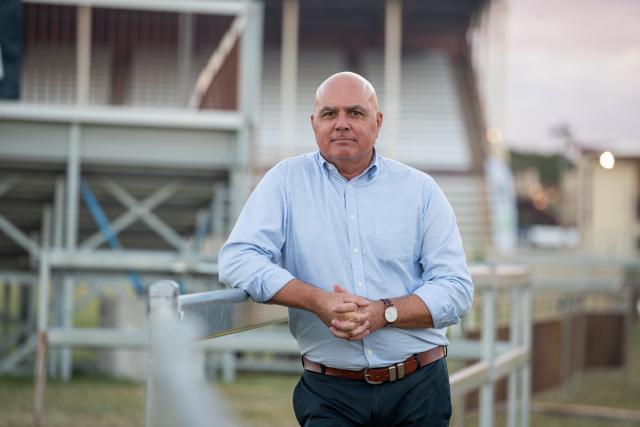Signs seasonal conditions may improve for the agricultural sector have helped underpin confidence among Queensland’s primary producers in late 2023.
The Rabobank Rural Confidence survey, released last month, found sentiment in the state’s rural sector had increased, albeit marginally.
While more Queensland producers expect the agricultural economy to worsen (49 per cent this quarter, compared with 45pc last quarter), this was offset by 19pc of producers now expecting the year ahead to improve (up from 13pc previously).
The state’s sugar sector – where sentiment showed an upswing – largely fuelled the improved confidence.
Of those Queensland producers with a positive view, 43pc nominated a good seasonal outlook as a key reason for their optimism.
However, a considerable number of the state’s producers were less optimistic about the weather outlook, with drought identified as the chief concern among those expecting the agricultural economy to worsen in the year ahead.
Falling commodity prices were also a worry, while concerns about interest rates and input costs eased.
Rabobank regional manager for southern Queensland Brad James said “anecdotally“ producer mood had lifted in recent weeks after “good storm rain” received throughout the state.
“And this kick in confidence may not have been entirely captured during the period the survey was in the field,” he said.
“These early summer storms – while very useful – have been patchy. There are still areas in Queensland waiting for a break in the season.”
The survey, completed last month, found sugar cane growers were the most optimistic producers in the state.
“Globally, 2023 saw the sugar market hit its highest prices since 2011,” Mr James said.
“Queensland growers have recorded very good yields and good sugar production during this year’s harvest.
“And it has been a ‘dry harvest’ in many cane growing regions this year, meaning growers have been able to bring in their entire crops, and not be delayed or lose crops with wet weather conditions.”
The view on the year ahead, however, was less positive among the state’s cotton growers.
“Irrigated cotton growers will be going into the next season with access to reasonable water allocations – topped up by the recent storm activity – giving those growers confidence to plan and prepare,” Mr James said.
“Although it’s a different story for dry-land cotton growers, who have experienced a challenging season.”
Beef sector confidence in the state was also shown to have declined at the time of the survey, though recent rainfall and more positive price signals will have provided a boost to producers, Mr James said.
The survey found the number of Queensland beef producers expecting business conditions to deteriorate in the year ahead has climbed to 56 per cent, from 45 per cent the previous quarter.
Mr James said at the time of the survey, dry seasonal conditions followed by soft commodity prices were the state’s beef producers’ chief concern.
“Queensland beef producers are hoping that they have reached the bottom of the market, with cattle prices finding a floor in October and beginning to pick up,” he said.
“The November rain across the state and down into New South Wales has also helped lift cattle prices.”
The survey also indicated confidence had slipped among the state’s grain growers.
Mr James said winter crops harvested through the Central Highlands region were “hit and miss”, with reports of some good wheat crops achieved in areas.
“Recent rain will provide the needed moisture profile for summer plantings in a lot of areas, but will be dependent on follow-up rain as the summer progresses,” he said.
Overall, this survey found Queensland producers are continuing with their strategy of “holding back” on investment plans for the coming year, with just under a quarter (24pc) planning to decrease spending in their agricultural businesses.
Mr James said the combination of soft commodity prices and dry seasonal conditions across much of the state during the year has seen many producers take a “sensibly cautious” approach to investment.
“The tempo of the Queensland agricultural property market has certainly changed this year, possibly returning to a more sustainable pace,” Mr James said.
“However, there is a strong underlying intention amongst many Queensland producers to continue to invest in the expansion and development of their businesses through property purchases.”
Fast Facts:
■ Queensland rural sentiment has lifted slightly.
■ Hopes of improved seasonal conditions among those with a positive outlook, however drought concerns remain.
■ Sugar sector driving upswing in sentiment.
■ More Queensland producers seek to decrease investment in their farm businesses.







